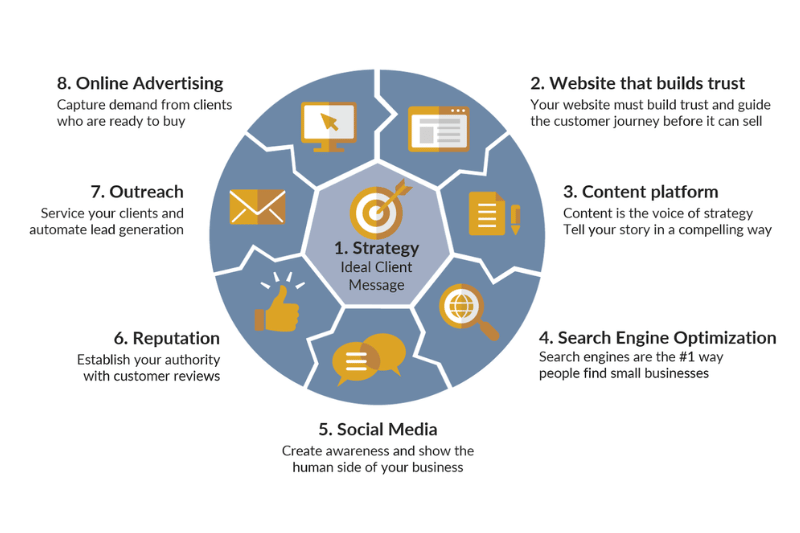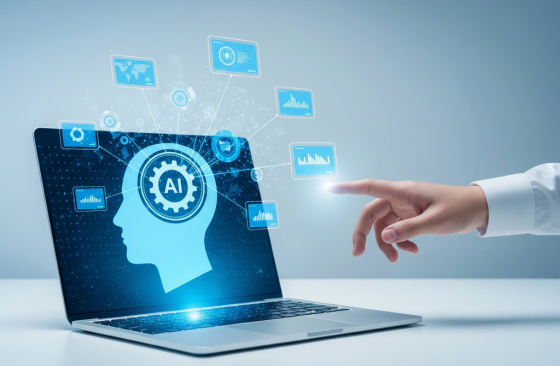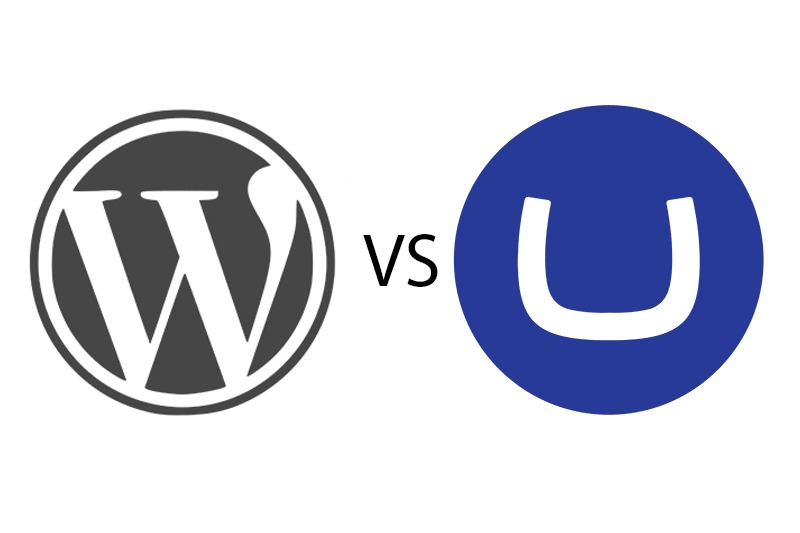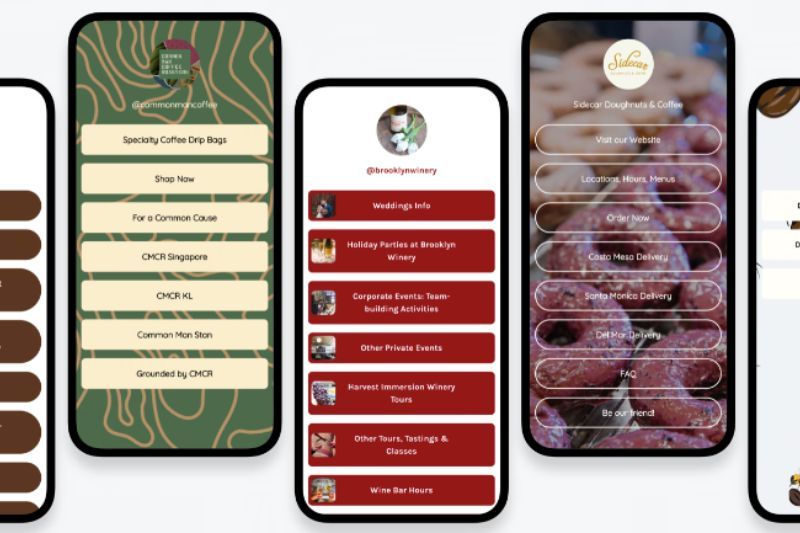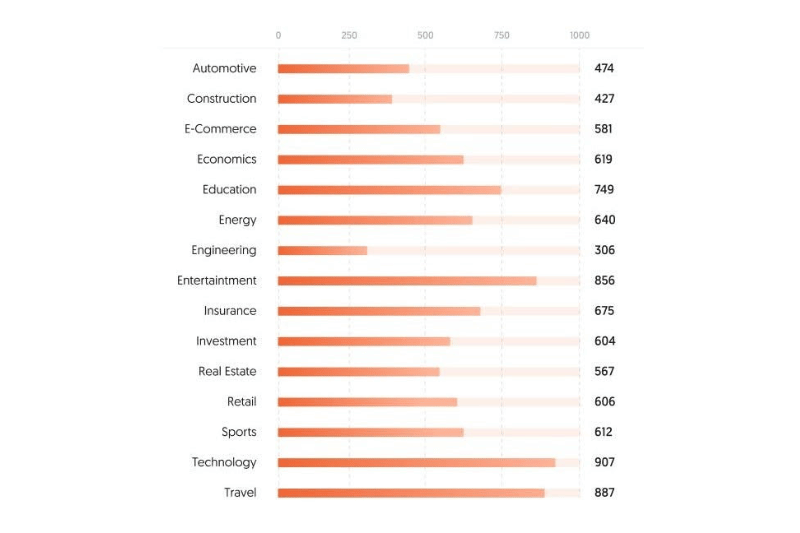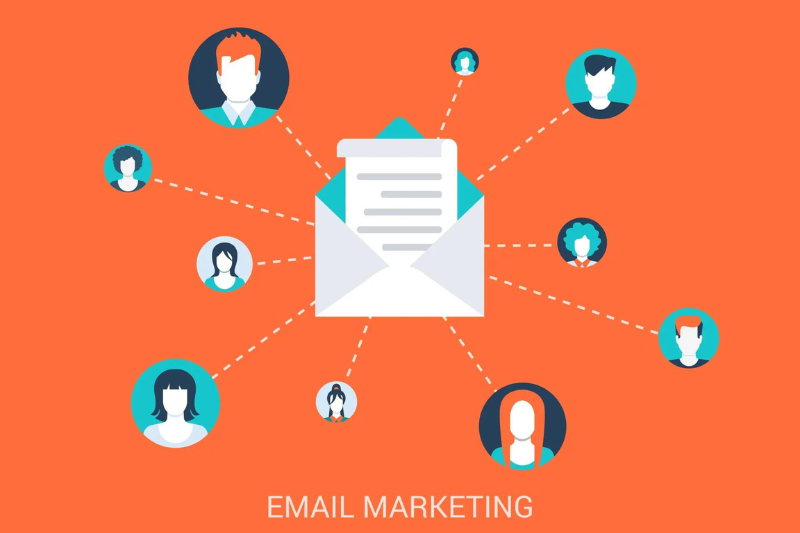Lessons from Elevate Festival 2025 Toronto: AI, UX, and the Human Edge
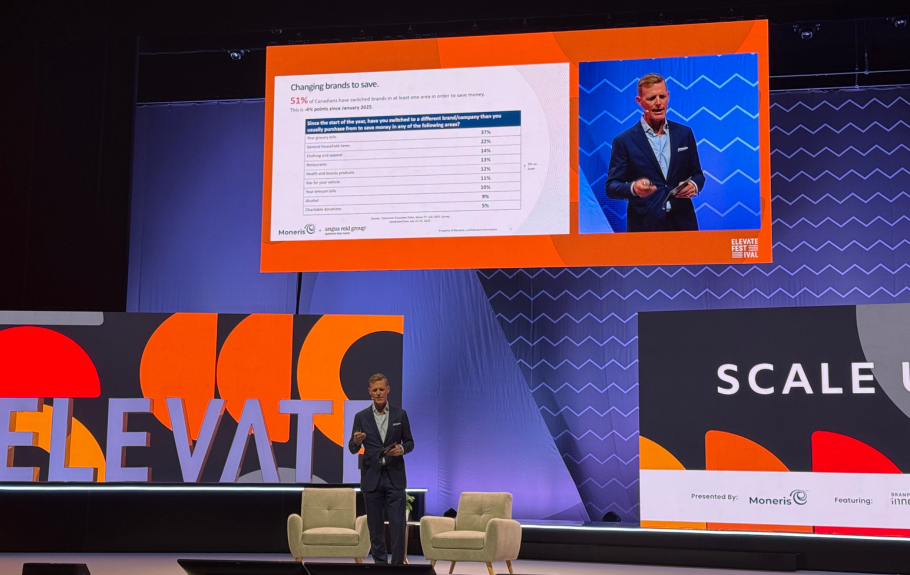
Last week, I spent three days at the Elevate Festival in Toronto — an annual celebration of innovation and bold ideas across technology, business, and culture. The event hosted over 250 speakers across eight themed tracks, and the energy was unmistakably centered around one topic: Artificial Intelligence.
From business applications to policy debates to creative potential, AI took center stage. And while much of the discourse echoed things we’ve all been hearing for months — the good, the bad, and the urgent — the nuance, personal stories, and new concepts presented gave me a lot to think about.
Here are some of the key insights that stuck with me:
AI Is Here — But It’s What You Do With It That Matters
In nearly every session I attended, a version of the same question surfaced: Will AI replace human jobs? The responses weren’t necessarily new, but they were thoughtfully reframed:
- I don’t want AI writing poetry while I’m cooking and doing laundry. I want AI to cook while I paint.
- AI isn’t replacing people directly — but people who use AI well might replace those who don’t.
- AI can assist with strategy and creativity, but it doesn’t own those things. Human input still drives depth, relevance, and context.
That theme — AI as collaborator, not competitor — was consistent throughout the event. The technology is moving fast. But how we choose to integrate it, especially in ways that amplify rather than flatten our work, is where the real leverage lies.
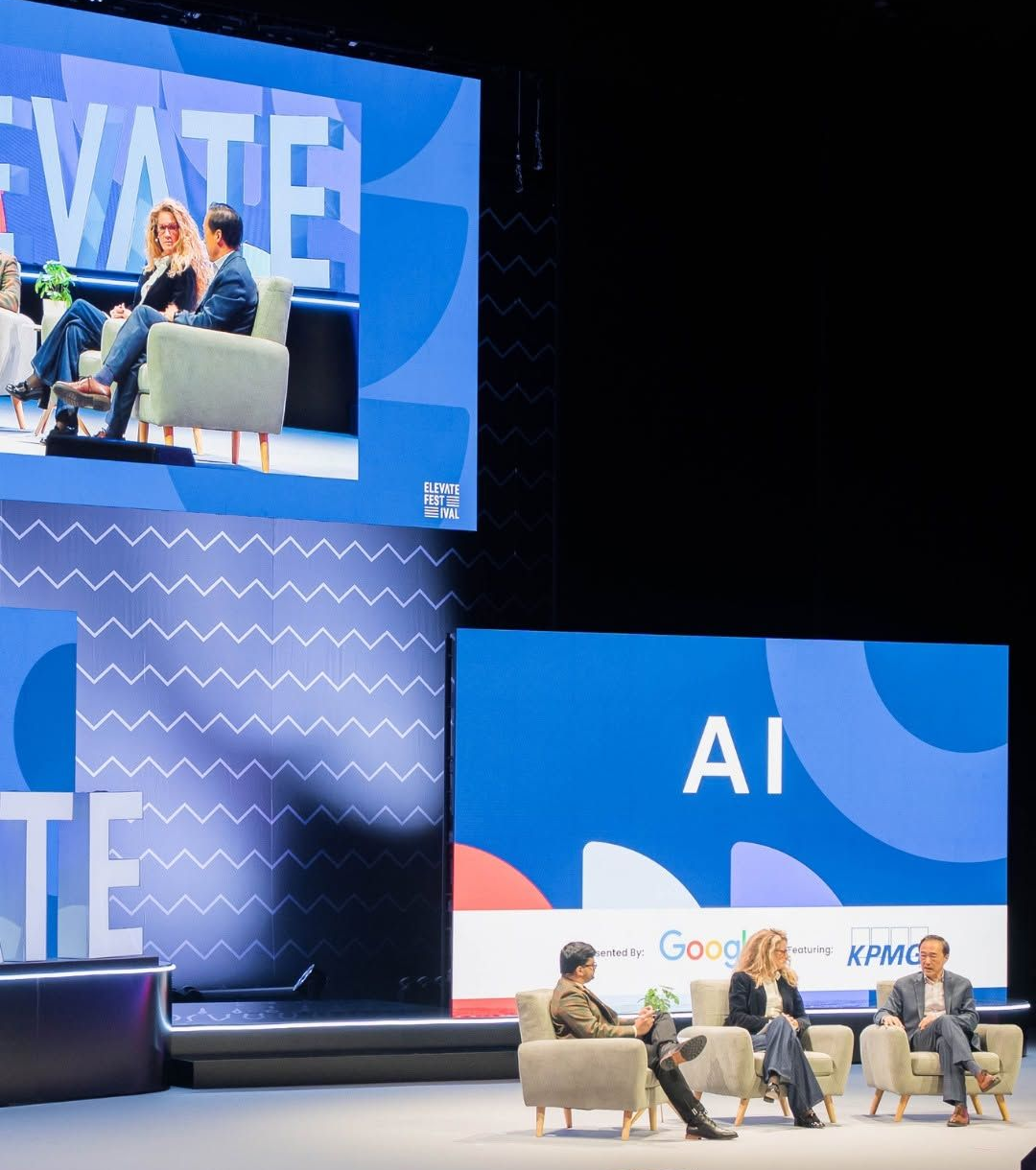
Data as a Natural Resource
A thought-provoking session was led by Chris Lehane, Chief Global Affairs Officer at OpenAI. He introduced a concept that reframed my thinking: data as a “natural resource.”
Lahane argued that just like water or energy, data is valuable and foundational to modern life, and even as an anonymous aggregate it doesn’t belong to any individual. It fuels the AI systems we’re increasingly relying on — and should be protected and regulated with the same care. That includes how it’s sourced, how it’s stored, and how it’s used.
It’s a compelling frame. Thinking of data as a resource invites us to ask better questions: Who controls it? Who benefits? And how do we ensure its ethical use?
OpenAI’s Sora and the Energy Footprint of Innovation
While OpenAI urges regulation, it’s also advancing aggressively on the innovation front. Sora, their new video-generation model, came up frequently across sessions.
The model’s ability to create photorealistic video from text prompts is impressive and potentially transformative for film, marketing, and education. But it also surfaces important questions around energy usage.
According to recent analysis from Sintef Energy Research, generating a single 60-second video with Sora consumes roughly the same electricity as charging 1,800 mobile phones from zero to full, or as much as running twenty 1,000-watt panel heaters for an hour. Multiply that by millions of users and you start to see the problem.
Progress is essential — but it shouldn’t come at the cost of sustainability.
Moving from Backend Tools to Front-End Experiences
Many businesses are exploring AI for internal efficiencies — automating back-office processes, summarizing meetings, supporting decision-making. But what captured my interest most at Elevate was how AI is transforming customer experience.
A few presentations and panels dove into how website interactions are evolving. The traditional search-based structure — “type, scroll, filter” — is giving way to conversational interfaces. Imagine arriving at a site and simply asking, “What’s the best plan for me?” and getting a contextual, accurate, personalized response.
Accenture Song shared that 70% of consumers now base purchase decisions on user experience. That figure alone is staggering and reinforces something we’ve long believed at Mawazo: technology enables, but design differentiates.
AI can create efficiency. But it can’t replicate trust. Or inspiration. Or meaning. That still comes from people — from strategy, storytelling, and smart design.
The Problem of Sameness — and the Case for Excellence
A few speakers touched on something I’ve been thinking about for a while: if AI levels the playing field, what stands out?
If everyone uses the same tools, automates the same processes, and writes in the same AI-generated tone, then everything starts to sound the same.
What happens when everything is “good enough”?
The takeaway? We need to raise the bar, not lower it. Yes, AI can speed things up. But the best ideas still come from deep thinking, lived experience, and clear intention. That’s the “human factor”, and it becomes even more valuable in an AI-rich world.
Simu Liu on Technology and Value
One of the standout keynotes came from Simu Liu, actor, entrepreneur, and new Dragon on CBC’s Dragons’ Den.
Liu didn’t pretend to be a tech expert. But he spoke with real humility and curiosity about how AI and digital tools are reshaping industries, including media and investing.
What I appreciated most was his approach to investing: less about hype, more about value and purpose.
He spoke of backing ideas that solve real problems and create connection. And in a festival full of future-looking ideas, that grounded outlook was refreshing.
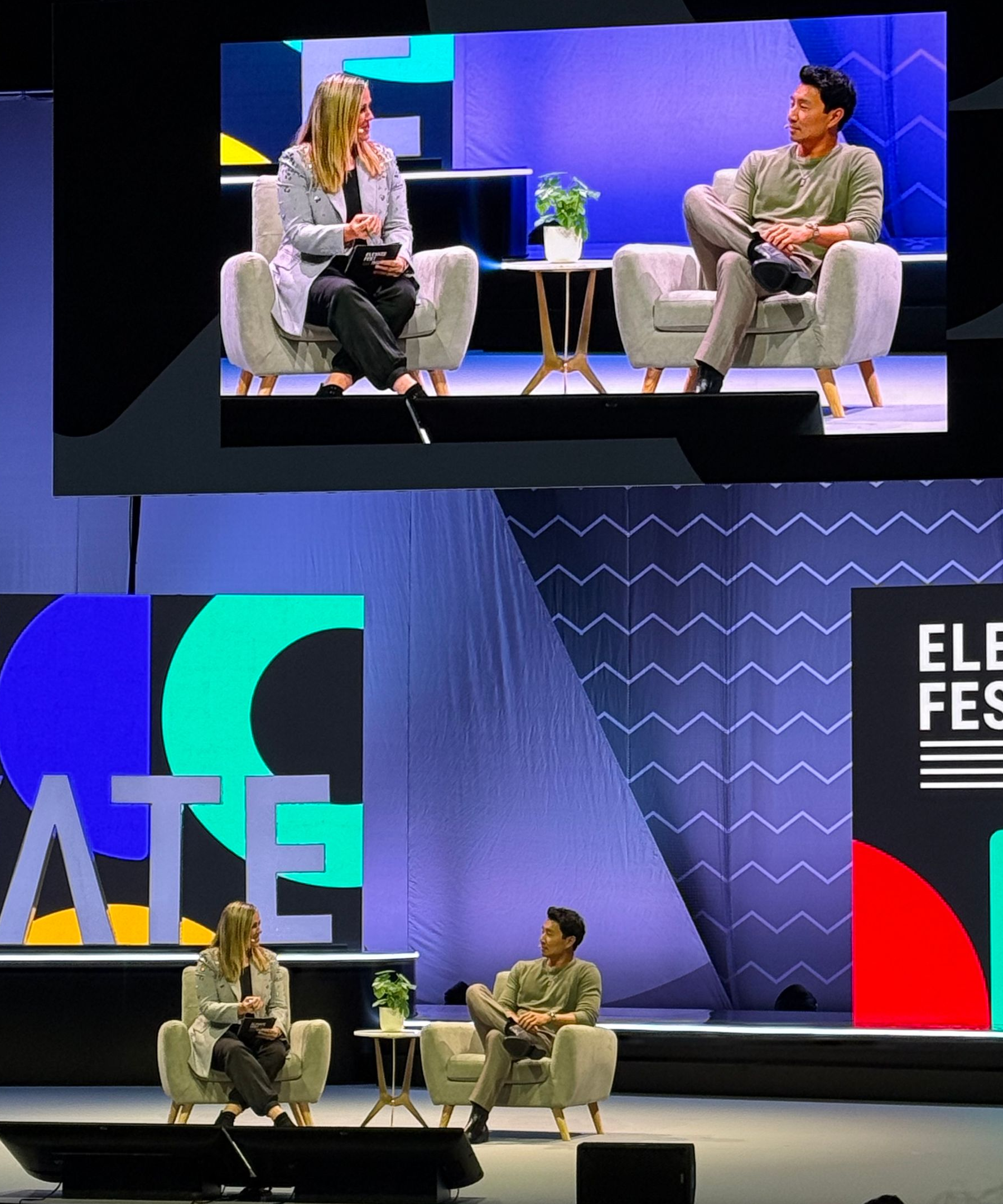
Shifting Consumer Behaviour: What Moneris Data Suggests
Elevate wasn’t just about the big picture — it also offered insight into real-time consumer shifts. Moneris, a leading payment processor, presented data that shows a noticeable trend: Canadians are reducing their cost per transaction.
It seems people are making more intentional purchases — buying what they came for, and resisting impulse spending. This change could have ripple effects across retail, UX, and marketing strategy.
Brands will need to be clearer, quicker, and more intentional in how they show up — especially in digital spaces.
SEO Isn’t Dead — But AEO Is Also Here to Stay
In a world where AI-powered tools like ChatGPT, Perplexity, and Google’s SGE are answering users directly, the old rules of SEO are
evolving. These LLMs, or Large Language Models, are providing not only providing answers, but are citing website links as sources.
We’re not just optimizing for search engines anymore — we’re optimizing for LLMs.
That means websites need to be optimized for AI searches as well, which is AEO — Answer Engine Optimization. Here are some basic approaches needed:
- Structure your content in clear, answerable formats
- Make context and authority visible to machines
- Think about how AI might cite or summarize your content
That doesn’t mean abandoning SEO, but instead layering in AEO as an extension of how you ensure your digital assets stay findable and usable in this new paradigm.
More to come on this from Mawazo — it’s a topic that deserves its own deep dive — but for now, the message is clear: brands need to embrace AEO without abandoning SEO. Both will matter in the hybrid search landscape ahead.
Final Thoughts: The Human Edge
Elevate reminded me of something simple but powerful: AI is a tool. Not a strategy. Not a voice. Not a vision. Those still need to come from you.
The world doesn’t need more automation for its own sake. It needs intentionality.
So yes, learn AI. Explore its potential. Use it to get better, faster, more efficient.
But more importantly: Use it to free up space for the things only humans can do — to think more deeply, design more beautifully, and connect more authentically.

Do you have any questions on the above, or would you like to share your experience? Just email ideas@mawazo.ca or call +1 (833) 503-0807.
At Mawazo Marketing we work with owners of B2B companies who want to accelerate their business. We help them with a concrete digital growth plan, a website that saves operational cost, and a digital marketing system that generates leads. For qualifying clients we offer a 5x ROI guarantee: if we don't reach the objective, then we pay back the difference. Book a Free Strategy Session to find out more.
